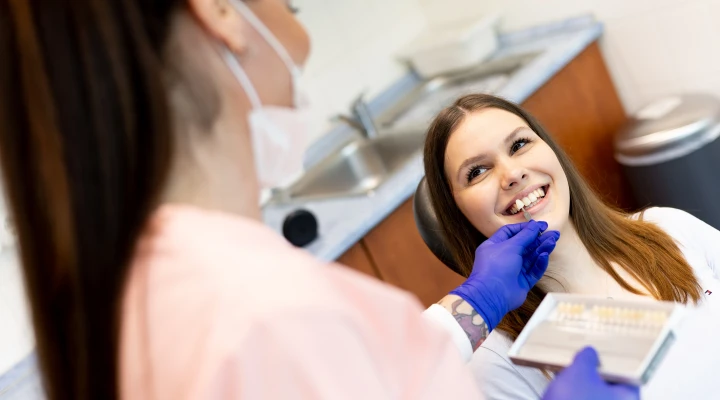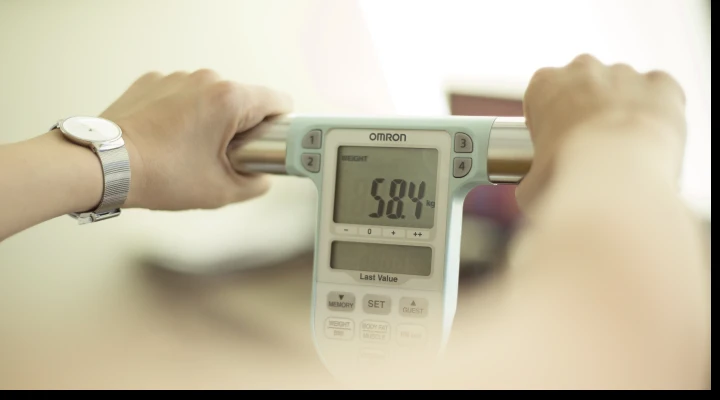As doctors, we can say that the health benefits of Covid vaccination are indisputable. There are some symptoms, however, that may give cause for concern, which is why we would like to reassure our patients.
Many people have already reported that women more often experience a strong immune response to the vaccine than men. In return, the symptoms of infection unfortunately tend to be more serious in men. This is due to existing differences in the male and female immune system – this is why autoimmune diseases are more common in women, for example.
Another commonly mentioned post-vaccine effect is irregularities in menstruation. This issue most often occurs with young women – their period may be stronger, with more stomach cramps, and in some cases their period occurs more frequently. Typically, these symptoms soon pass, usually after one occasion. If symptoms persist for more than three periods in a row, then you should see your gynecologist. It is also important to remember that we tend to connect symptoms to various events that in reality have nothing to do with them.
Fertility and the vaccine
Lots of alarming rumors have been flying around in connection to this topic. However, they have fortunately now been discredited: the vaccine does not impact fertility. A recently published study reassuringly demonstrated that the vaccine did not reduce the success rate for people undergoing fertility treatment. It is possible that – and they emphasized that this was only a temporary issue – there will be a reduction in the number of sperm. As a result, men are advised to wait three months after receiving the vaccine before starting any baby project and also to take plenty of selenium in the meantime.
Impact of Covid infection on women more notable than effects of vaccine
After Covid infection, we have observed a greater frequency in the development of polycystic ovary (PCO) syndrome in women. When asked about it, our patients typically respond that their menstruation has been irregular since being infected – maybe they have also put on a couple of kilos – but they put it down to the side-effects of working from home. Generally speaking, these complaints also go away without any need for treatment, but it's worth keeping an eye on the situation. We recommend vitamin D3, sleep management, plenty of vegetables, myo-inositol (otherwise known as vitamin B8), and avoiding sugary food and drink. And yes, that includes fructose and lactose too! Working out with weights and running are both great, particularly as a stress reliever. Some patients also ask how women who are already prone to PCO might be affected by Covid infection. Assuming that they already follow the (highly recommended) advice above, then hopefully infection won't lead to any worsening of their condition.
What does the gynecologist recommend?
Whether you have symptoms or are symptom-free, if you've just had Covid it's a good idea to have a post-Covid examination. At the very least, you should move your annual gynecological check-up forward: it's no exaggeration to say that it could be a lifesaver!






